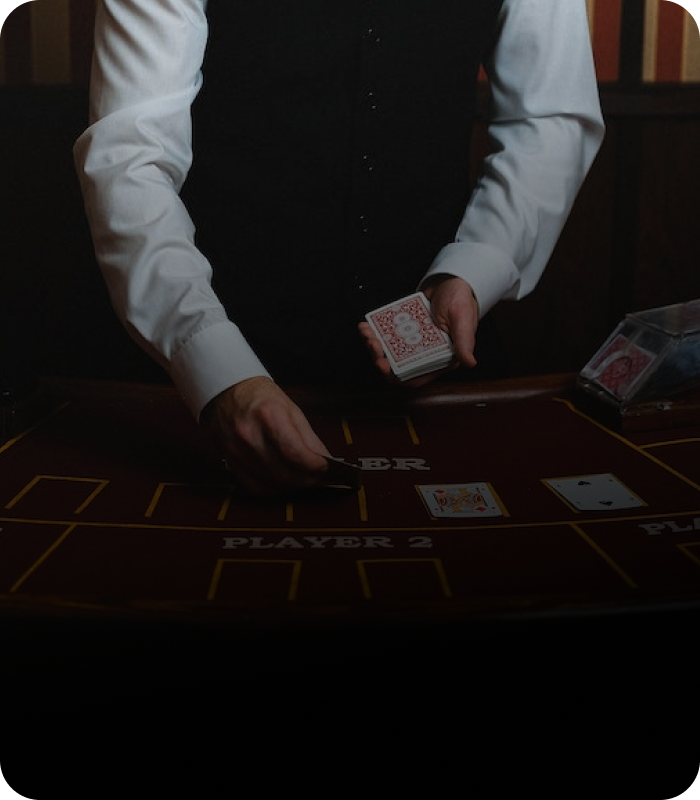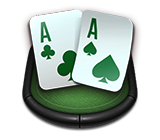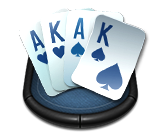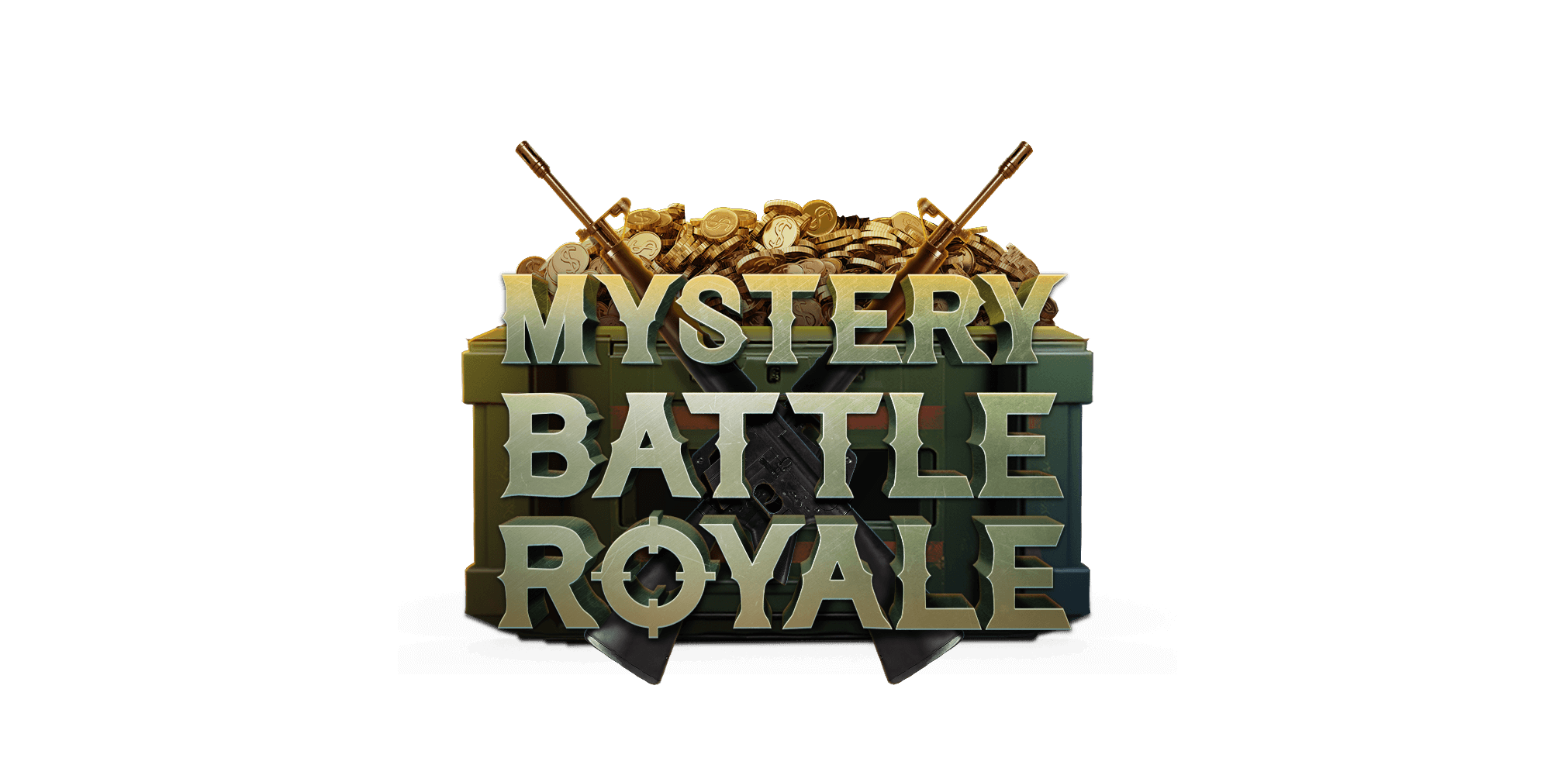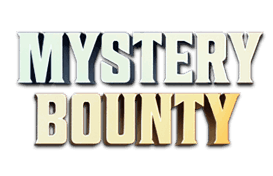
Poker players often show physical traits, which can indicate the type of hand they are holding. These are known as poker tells.
While poker is a game of skill, you might also describe poker as a skill-based guessing game with lots of missing information that needs to be guessed by the players. One of the most important skills for successful players is the ability to read their opponent's bets and exploit their weaknesses. This is where poker tells (including online poker ones) enter the fold.
Poker tells are behavioural cues that can reveal valuable information about an opponent's hand. While poker tells are often associated with live poker players, they can also be highly relevant in online poker. In this article, we will cover the most common poker tells, how to spot them in both live and online poker, and provide tips on how to exploit them to your advantage.
Common Poker Tells
The word “tell” is fairly vague, as it describes any kind of subtle, unconscious clue as to how our opponent might be thinking or feeling. Generally, they can be broken into three more specific categories.
Some poker tells concern behavioural aspects, such as betting patterns, while other poker tells can be detected in the way an opponent speaks. However, the first set of poker tells that we’re going to look at are physical clues.
Essentially, the most common poker tells include physical, verbal, and behavioural cues. Physical tells can include subtle differences in facial expressions, body language, and the old classic of wavering eye contact. Verbal tells include things like tone of voice and the words used. Behavioural tells include (but are not limited to) bet sizing and timing.
Physical Tells
Defensive Gestures
If you reach for betting chips and the opponent immediately motions toward their own stack, the chances are they’re weak. They’re trying to suggest that they’ll call any bet you make and beat you into the pot. But if they had the nuts, what would they want to happen? A good player should encourage, not discourage a bet. Acting macho makes no sense.
On a similar note, if a player is fiddling with their chips before eventually checking, they are likely to be weak. They are attempting to make you believe they’re thinking about a bet, when in reality they have no intent. So, always keep an eye out for your opponents' defensive behaviours, not just when they bet but also when they check.
Defensive tells can reveal valuable information about a player's hand, particularly when they are feeling uncertain or defensive. Defensive gestures, such as folding their arms or hunching over their cards, can reveal that a player is feeling defensive or uncertain about their hand. In contrast, players with strong hands may show more relaxed body language and an open posture. Players with weak hands may also try to appear more confident than they really are, in an attempt to trick their opponents. Recognising these defensive tells can give you insight into the strength of your opponent's hand.
Another common defensive tell is hesitation in bet sizing. Players with weak hands may hesitate before placing a bet or make a smaller bet than usual to avoid risking too much money. On the other hand, players with strong hands may make larger bets to intimidate their opponents or extract more chips from them. By observing these bet sizing patterns, you can make better decisions about whether to call or fold.
It's important to note that defensive tells are not always reliable indicators of a player's hand strength. Some players may intentionally use these tells to trick their opponents. However, when combined with other information, such as previous patterns or the player's overall demeanour, defensive tells can provide valuable insights into a player's hand. By paying close attention to these cues, you can improve your own decision-making and increase your chances of winning at the poker table.
As a general rule, when someone is acting stronger, whether they realise it or not, they tend to be weaker. Of course, the reverse is also true.
Eye Contact
 More often than not, when someone is making intense eye contact, this is supposed to convey strength. But again, if you have the goods, why would you want to draw attention and intimidate your opponent out of a call? So, usually, it’s an indication of weakness.
More often than not, when someone is making intense eye contact, this is supposed to convey strength. But again, if you have the goods, why would you want to draw attention and intimidate your opponent out of a call? So, usually, it’s an indication of weakness.
Similarly, looking awkwardly away from the table, refusing eye contact, and sitting perfectly also suggest weakness. However, it’s important to be careful with eye contact. Everyone is different, after all. You’ll need to consider their usual behaviours and ascertain whether this is out of the ordinary.
Eye contact can be a powerful show of a player's confidence and the strength of their hand. It can be a tricky skill to develop, but once you have figured out eye contact tell, you will have a valuable poker tell skill.
In live poker games, maintaining steady eye contact with your opponents can be a sign of strength and confidence. On the other hand, players who avoid eye contact or look away quickly might be feeling nervous or unsure about their hand.
Of course, eye contact is not a factor in online poker, but the speed and timing of a player's actions can be a telltale sign of their confidence and hand strength. Players who take longer to make decisions or place bets may be signalling that they have a weaker hand, while those who act quickly and confidently may be indicating that they have a strong hand.
It is important to note that eye contact tells should be used in conjunction with other information, such as previous patterns or the player's overall demeanour. Some may deliberately use eye contact as a way to deceive their opponents, while others may have naturally shifty eyes or other behaviours that could be misinterpreted as a tell.
You could say it is all common sense, really. Eye contact can be a useful indicator of a player's confidence and hand strength in live poker games. In online poker, other factors such as the timing and speed of actions may be more relevant, but by paying attention to these factors and combining them with other information, such as betting patterns and overall demeanour (more on that later), you can gain valuable insights into your opponents' hands and improve your chances of winning at the poker table.
Becoming Irritable
Irritation is almost always a sign that someone is relaxed about their hand. If you’re bluffing, you’d hate to wind an opponent up by being rude or aggressive. You would want them to fold, not to call out of malice.
Imagine a player makes a significant bet, then starts tutting and rolling their eyes about how long you’re taking to call. Here, you can feel confident that they have a legitimate hand after they have placed a big bet.
Becoming irritable can also be a sign of frustration and uncertainty, particularly when a player is holding a weak hand or is unsure about the strength of their hand. Players may become more agitated and short-tempered when they feel like they are in a losing position, and, as an emotion, irritability is a very tough thing to hide.
This irritability can manifest itself in a variety of ways, such as snapping at other players, sighing loudly, or slamming down cards.
One common irritability tell is when a player makes a significant bet after a period of indecision or hesitation. This can indicate that the player is trying to recoup their losses or is bluffing to compensate for a weak hand. On the other hand, if a player who has been acting confident suddenly becomes irritable or defensive, it may be a sign that they are actually holding a weak hand.
However, it's important to note that irritability alone should not be used as a reliable indicator of a player's hand strength. Some players may simply be naturally short-tempered or may be experiencing frustration for other reasons. It's important to look for other tells and to consider the player's overall demeanour and patterns before making a decision.
Becoming irritable can be a potential indicator of a player's hand strength and confidence. However, it should be used with other tells and factors to make a more accurate play of the situation. In other words, do not rely on this one poker tell alone - use them with other poker tells to gather a bigger picture.
Verbal Tells
Goading You
 Similar to the irritability tell, a player who is actively egging you on to make a decision probably has a strong hand. By goading, we mean statements like “go on, I dare you” or “you’re going to fold anyway, get on with it”. It doesn't matter which way they are going, for their end goal is to get you to bet or call.
Similar to the irritability tell, a player who is actively egging you on to make a decision probably has a strong hand. By goading, we mean statements like “go on, I dare you” or “you’re going to fold anyway, get on with it”. It doesn't matter which way they are going, for their end goal is to get you to bet or call.
If they were bluffing, the last thing they’d be looking to do would be to provoke you into making a call, right?
Some poker players may try to goad their opponents into making rash decisions by using verbal poker tells, such as trash-talking or making comments about their opponents' play. This can be a sign of confidence and a strong hand, but it can also be an attempt to bluff or deceive their opponents. As with everything in poker, the trick is to figure out which one it is; bluff, or tell.
Players who make significant bets after goading their opponents may be trying to jump on their opponents' emotions and get them to make a bad decision. Then again, it is important to remember that this strategy can backfire if the opponent recognizes the tactic and responds with a more cautious or strategic approach.
One potential idea is to remain calm and focused and not let your opponents' comments or behaviour affect your own play. Focus on the game itself, and avoid getting caught up in the emotions of the table.
Goading you can be a potential verbal poker tell that some players may use to gain an advantage at the poker table. Don't rise to it, or take the bait! By staying cool, calm, and focused, you can improve your own play.
Stating Their Hand Is Weak
You’ll often hear players directly commenting about their hands, for example stating that they’re on a draw. Whenever someone tells you they’re weak, they’re probably lying. Anyone running a bluff in such a spot is highly unlikely to say so. Therefore, you can adjust their range based on this.
Opponents may also indirectly make statements about their hands being weaker. For instance, let’s say they made a comment like “I don’t think you’ve got a hand” and then bet big. Here, they unknowingly committed a verbal poker tell by revealing that they didn’t actually have a big hand.
This is another 'old classic.’ Basically, it refers to when poker players make comments about their own hand being weak as a way to deceive you. This can be a form of reverse psychology used to build up the pot or extract more chips from opponents.
By the same token, some players may actually be telling the truth when they make these comments. Players who consistently play weak hands or who have a history of making poor decisions may actually have a weak hand, despite their comments. It's a tricky one!
In online poker games, players may use chat boxes or other communication tools to make these comments. It's important to pay attention and to consider them in conjunction with other factors, such as betting patterns and overall demeanour.
One potential counter-strategy is to remain cautious and not let these comments affect your own decision-making. It's important to focus on the cards and the patterns rather than getting caught up in the psychology of amateurish plays like this.
Behavioural Tells
Re-Checking A Hand
You’ll often see players double-checking their hole cards at the poker table. It certainly does convey information, but be careful, as it can mean both strength and weakness. Everything depends on context.
If a player is waiting to act pre-flop and re-checks their hand, it’s usually because they’ve genuinely forgotten their exact holding, which can be a sign of a weak hand. Nobody forgets when it’s A-A! This type of double-checking can also be considered a defensive gesture.
However, if a player has fired a big bet and then double-checks their cards, this is usually a subconscious act that suggests they are relaxing, indicating a position of strength. This can be a form of bet timing tell and can be used to mislead opponents into thinking they have a weak hand.
Imagine you have the nuts on the river and are struggling to work out the best way to play. You opt to shove. Now there are no more decisions for you to make and you have the best possible holding, so there’s no tension. That type of situation often makes people re-check their hands, a potential behavioural tell.
It's important to consider the context of the double-checking and to look for other tells and factors before making a decision, as always.
Calling Quickly
Players who make calls more quickly than they normally would are telling you that their hands are low to medium-strength hands. They’ve already mentally discarded the raising and folding options. With fewer decisions to make, the call comes extremely quickly.
Imagine we’re looking at a lot of pre-flop action and the player makes a suspiciously quick call of a 3- or 4-bet. In that case, they likely have a hand such as J-J or Q-Q. The logic is the same. Hands like K-K or A-K have to consider a raise, while weaker hands have to think about folding.
Some players may call bets quickly as a way to indicate that they have a weak hand and are not confident in their ability to win the pot. This can be a form of defensive gesture and can be used to avoid making additional bets or risking more chips.
Remember, though, that experienced players may also call quickly as a way to deceive their opponents and tempt them to bet more. This can be a form of a bet timing tell and can be used to mislead opponents into thinking they have a strong hand.
In addition to considering the speed of the call, it's also important to pay attention to the player's overall betting patterns and demeanour. If a player has been consistently aggressive throughout the game and then suddenly calls quickly, it may be a sign of strength rather than weakness - which is another red flag to be aware of in online poker tables and live poker alike.
Hesitating While Betting
 This poker tell is essentially the reverse of the last one, and so is the meaning. An unusually long pause before a large bet or raise suggests strength. After all, bluffers don’t want to remain in the spotlight for longer than necessary. And anyone with the nuts would be inclined to act as though they are unsure about what to do.
This poker tell is essentially the reverse of the last one, and so is the meaning. An unusually long pause before a large bet or raise suggests strength. After all, bluffers don’t want to remain in the spotlight for longer than necessary. And anyone with the nuts would be inclined to act as though they are unsure about what to do.
Hesitation can mean two things. First, it could be that they are about to declare a raise and are taking a long time to actually decide how much. Alternatively, it could be that they are counting out their chips mentally and calculating what to bet before declaring it.
When a player hesitates before making a bet, it can be a sign that they are uncertain about the strength of their hand. This can be a form of a behavioural tell and can indicate a weak hand.
However, experienced players may also use hesitation as a way to deceive their opponents and induce them to call or raise more. This is another bet timing tell and can be used to mislead opponents into thinking they have a strong hand. As always, the trick is knowing which is which. Oftentimes, that boils down to practice and developing an instinct for the tell.
In addition to considering the hesitation, it is also important to pay close attention to the player's overall betting patterns and bet sizing. If a player has been consistently betting small and then suddenly hesitates before making a large bet, it may be a sign of strength rather than weakness, so that is another key trait to be observant of.
Conclusion
Poker tells do exist, and if you can find a read, it can help you understand an opponent. For a more advanced reading about poker tells, we would recommend Zachary Elwood's Reading Poker Tells. The book contains tips on how to deceive and manipulate opponents, as well as methods for staying unreadable.
However, poker games are unlike those depicted in the movies. More often than not, you won’t be able to spot a tell when playing poker, especially when you are playing against online poker players. And if you do, it’s not going to make you a millionaire. Apply common sense and remember that a possible read is just one small consideration in the hand.












